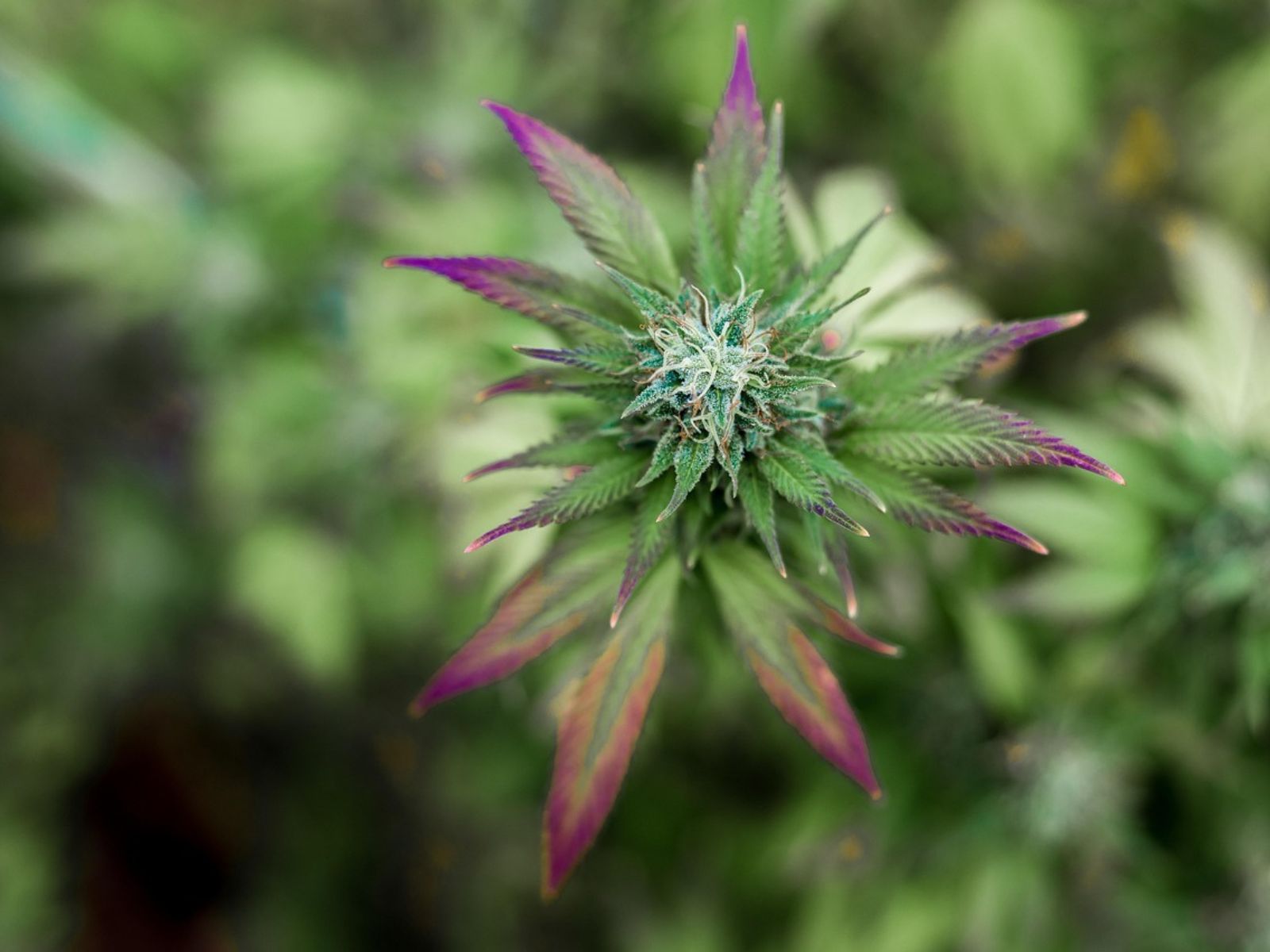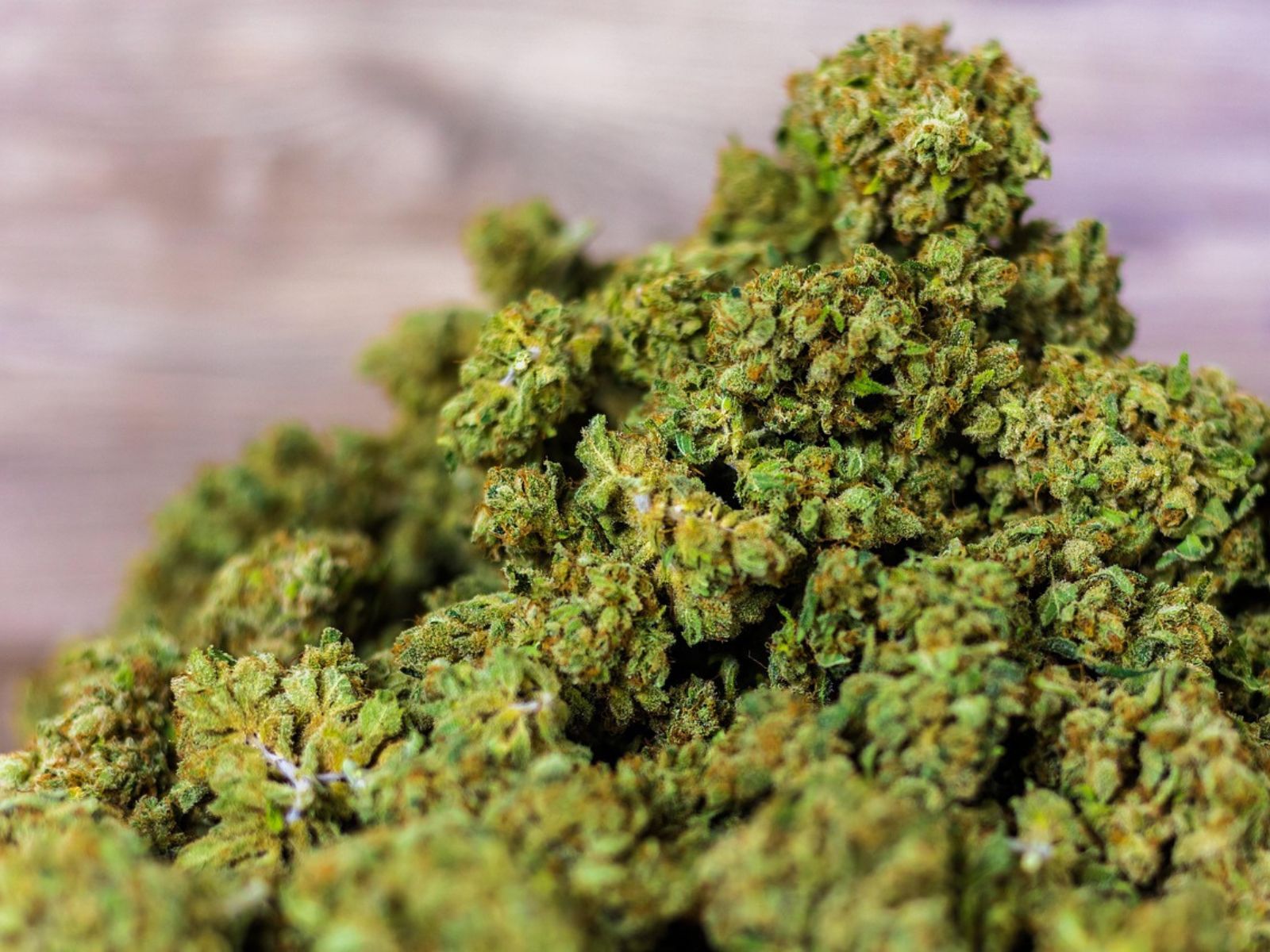
Epilepsy Patients Report Seizure Freedom After Medical Cannabis Treatment

Epilepsy Patients Report Seizure Freedom After Medical Cannabis Treatment
Medical cannabis has helped countless patients treat their health conditions, which, combined with an increasing amount of peer-reviewed cannabis research, demonstrates that cannabis is a truly effective medicine for many people.
One area of medical cannabis therapeutic application and research that is particularly clear on this point is epilepsy. Epilepsy is a serious neurological condition that results in patients experiencing recurrent seizures.
The frequency and severity of the seizures sufferers experience can vary from patient to patient. Medical cannabis has proven to be very effective at helping epilepsy patients reduce the frequency and severity of seizures.
A team of researchers based in Canada and affiliated with various health and academic institutions recently conducted a case series review involving epilepsy patients and medical cannabis therapies. The review’s findings were published in the academic journal Frontiers in Neuroscience.
“Seizure freedom (SF) is the primary goal of epilepsy treatment. More treatments that produce SF in drug-resistant epilepsy (DRE) are needed. Cannabis-based products for medicinal use (CBPMs) containing cannabidiol (CBD) and Δ9-tetrahydrocannabinol (THC), administered as oils, have been shown to induce SF in DRE. However, there remains a paucity of published real-world evidence in both pediatrics and adults on SF resulting from CBPM therapy.” the health investigators stated about the purpose of their research.
International public health experts estimate that as many as 50 million people worldwide suffer from epilepsy and its symptoms, and that “nearly 80% of people with epilepsy live in low- and middle-income countries.”
“This is a retrospective case series at an outpatient neurology clinic in Toronto, Canada, on patients with DRE who experienced significant SF during CBPM treatment. All patients were treated via the clinic’s stepwise treatment protocol with CBPM oils only. The study describes clinical features of patients and their CBPM-related SF.” the researchers stated about their methodology.
“We report 19 DRE cases that experienced SF; 15 pediatric, 4 adults. The median cumulative SF duration was 245 days, split between continuous SF periods lasting at least 90 days.” they wrote about their findings. “Five patients had continuous SF periods lasting ≥ 1 year. Most patients used CBD+THC regimens. Three patients weaned all concomitant ASMs. Adverse events (AEs) were reported by half of the patients.”
“The results of the study support prioritizing CBPMs in cases of DRE. It also supports research into identifying clinical and biological biomarkers for DRE cases that may achieve SF under CBPM treatment. Lastly, the study supports improving the accessibility of CBPMs, using SF as a primary outcome in future CBPM epilepsy trials, and assessing the role of THC in reducing seizures.” the researchers concluded.
Share article


Share article
Join Our Awesome Community
Join Our Awesome Community
Join Our Awesome
Community
Get all the latest industry news
delivered to your inbox







